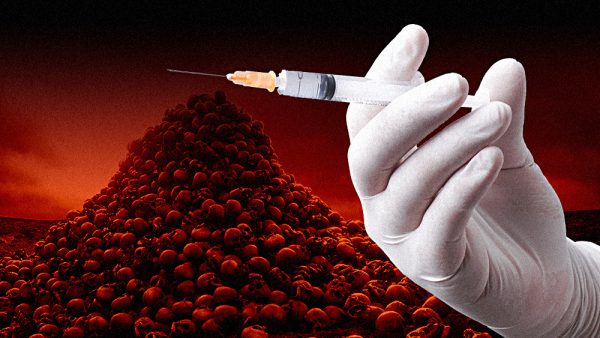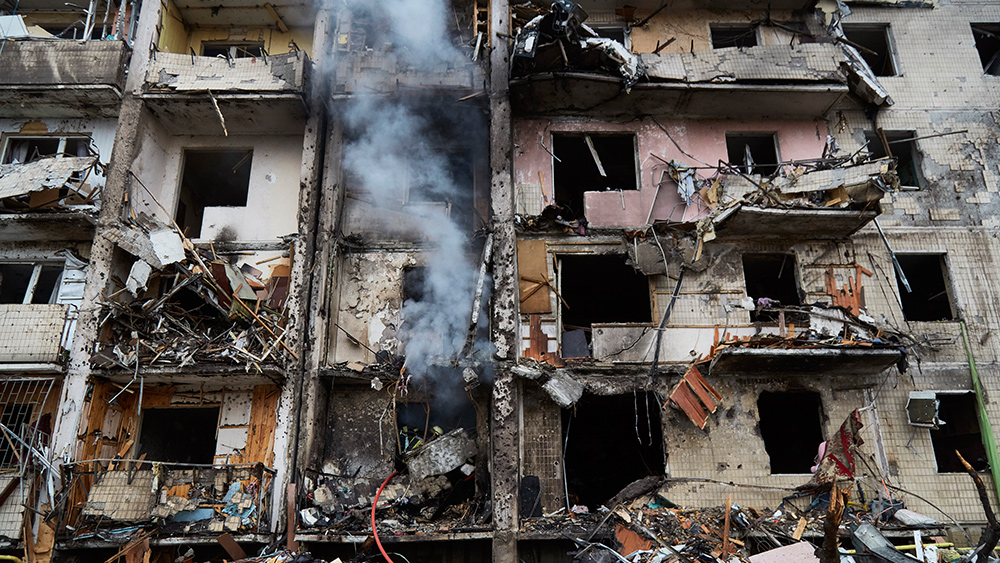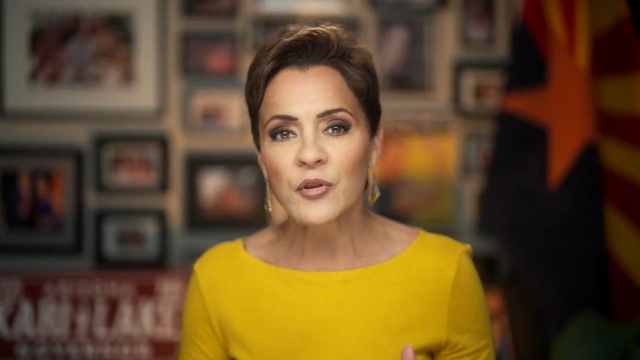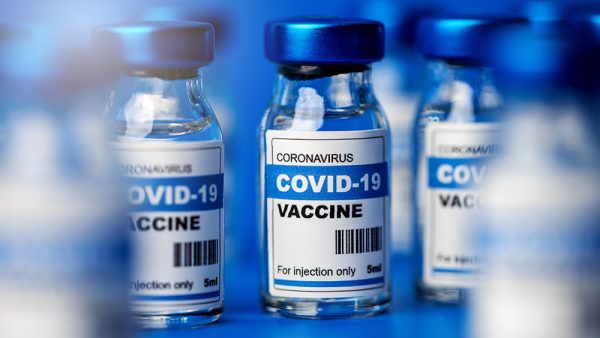 Parler
Parler Gab
Gab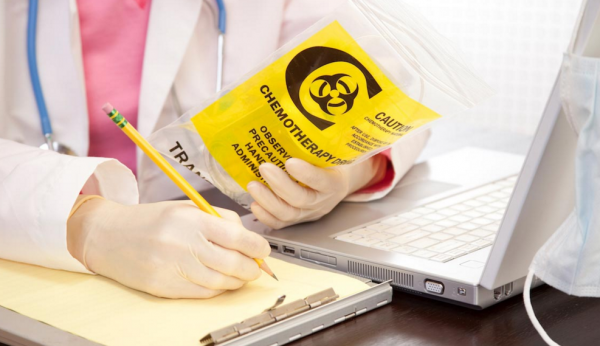
Gold-quality asparaginase is too expensive for low- to middle-income nations
According to a study back in 2013, 80 percent of children with cancer live because low- and middle-income countries had access to cheaper and good-quality asparaginase. However, major manufacturers have increased their prices or stopped making asparaginase altogether. Drug makers are increasingly focused on modified products that are less likely to cause allergic reactions, but carry heftier price tags up front. Most of the more expensive brands consistently passed quality tests. The cost of these "gold-standard" products has ballooned well beyond what lower-income countries can afford. One example is the Oncaspar. Published data shows that a single vial of Oncaspar cost $1,700 in the U.S. in 2015. The following year, when one company merged with another, that price surged to $18,000. Now distributed by the French company Servier, one vial costs as much as $24,000 in U.S. websites. Another modified brand, Spectrila, is said to cost $500 per vial in Chile, and roughly the same in the United Kingdom. Countries with low to medium income are already losing hope as the two most affordable brands have been discontinued since 2012 due to "ongoing manufacturing challenges." None of the leading manufacturers of asparaginase have stepped in to produce an affordable native form. A market analysis from 2021 found that global demand for the drug was too small to motivate companies to improve their quality or to encourage other manufacturers to begin producing it. Visit Chemo.news more news about defective cancer drugs. Watch the video below that talks about the cancer scam and the horrors of chemotherapy. This video is from the Iconoclast channel on Brighteon.com.More related stories:
Children in China develop LEUKEMIA after getting injected with COVID shots. Ronald McDonald House to evict 4-year-old children with leukemia because they aren't "vaccinated" … father decries, "unimaginable cruelty." Chemo drugs are dangerous to families and healthcare workers as well as patients. Are patients dying from chemo and not cancer itself?Sources include:
StatNews.com Journals.LWW.com Brighteon.comCartel now in complete control of Arizona state government, Kari Lake warns
By Kevin Hughes // Share
Doctors are JUST SAYING NO to covid “booster” shots
By Ethan Huff // Share
South Africa could suspend all further covid vaccinations due to safety concerns
By Ethan Huff // Share
Governments continue to obscure COVID-19 vaccine data amid rising concerns over excess deaths
By patricklewis // Share
Tech giant Microsoft backs EXTINCTION with its support of carbon capture programs
By ramontomeydw // Share
Germany to resume arms exports to Israel despite repeated ceasefire violations
By isabelle // Share
